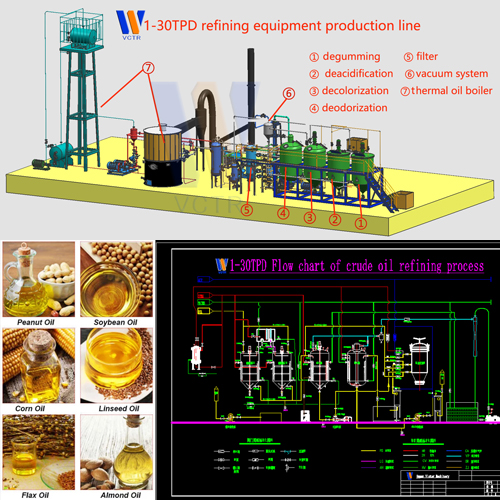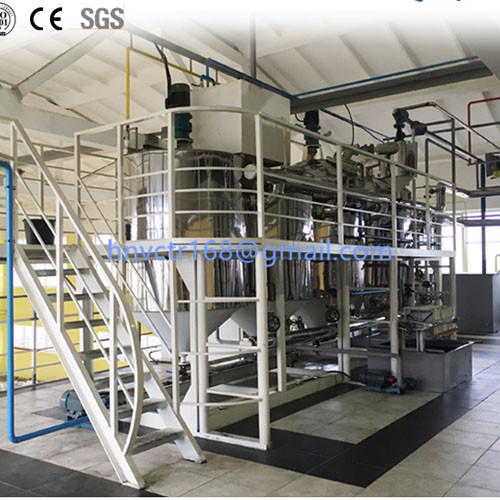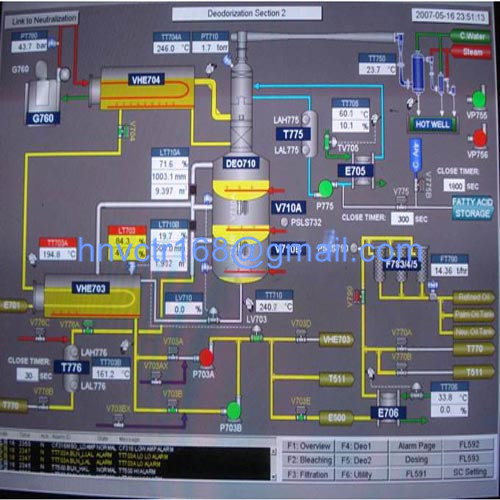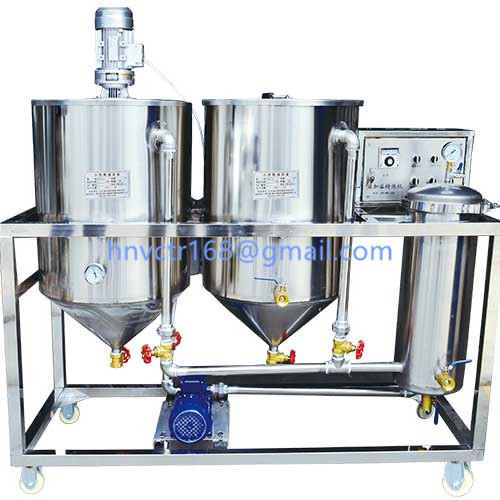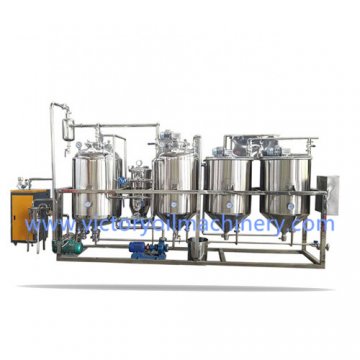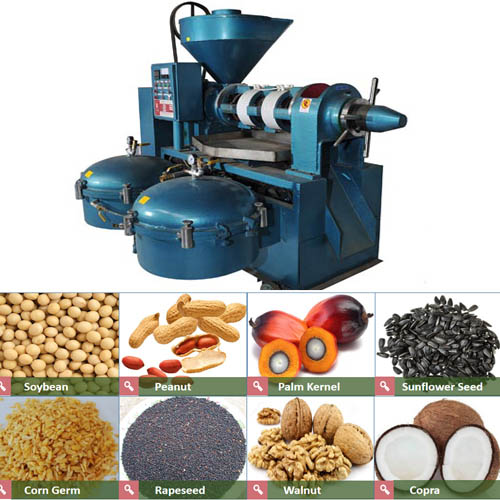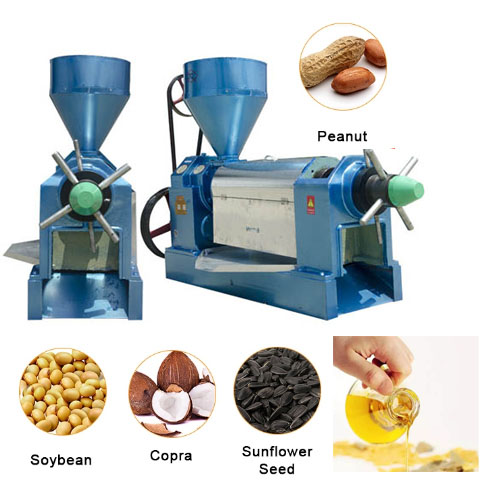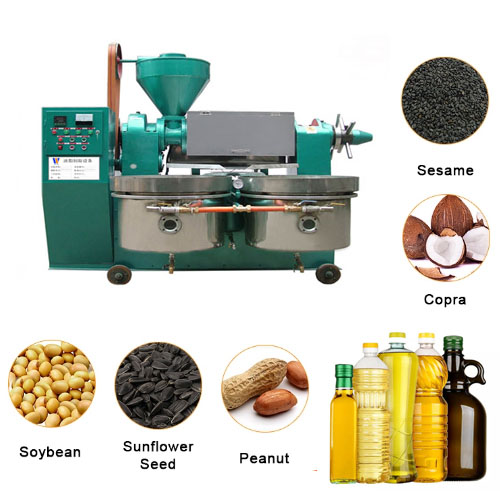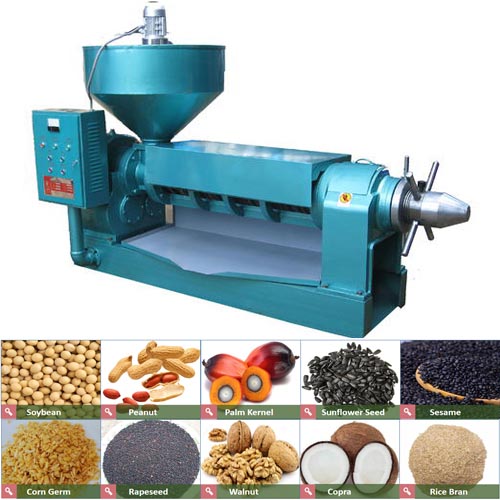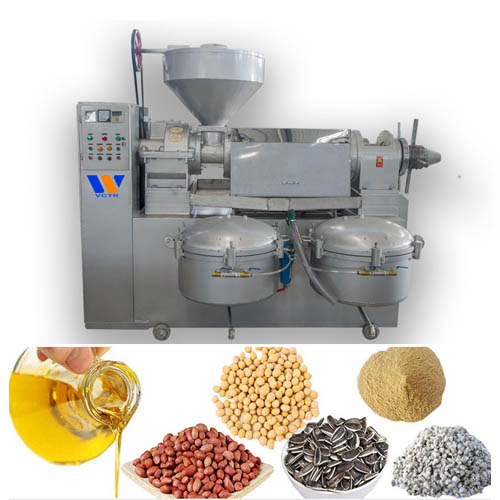The difference between pressed oil and solvent extracted oil
I. Processing technology of pressed oil and solvent extracted oil
1. Physical pressing processing technology (take rapeseed as an example)
Crush the rapeseed with water (the purpose of adding water is to prevent frying coke) → then put it into the pot and fry it → press it in the screw press → produce the crude oil (semi-finished oil) → precipitate the crude oil → refine the crude oil → finally make edible oil
2. Chemical solvent extraction of oil processing technology (take rapeseed as an example)
1. Physical pressing processing technology (take rapeseed as an example)
Crush the rapeseed with water (the purpose of adding water is to prevent frying coke) → then put it into the pot and fry it → press it in the screw press → produce the crude oil (semi-finished oil) → precipitate the crude oil → refine the crude oil → finally make edible oil
2. Chemical solvent extraction of oil processing technology (take rapeseed as an example)
First crush the rapeseed into flakes → soak it with No. 6 light gasoline to dissolve the oil in the light gasoline to form a mixed oil → then heat the mixed oil to distill the light gasoline to make semi-finished oil → chemical high-temperature refining of rapeseed crude oil Degumming, decolorizing, deodorizing (refining with 15 Baume lye; decolorizing with bentonite clay and adding activated carbon as appropriate) → finally made into edible oil. The solvent extraction oil processing technology ranges from semi-finished oil to crude oil refining. Chemical agents are used throughout the process, and some refining processes even use sulfuric acid.
II. Comparison of the advantages and disadvantages of pressed oil and solvent extracted oil
1. Nutrition
Pressed oil processing technology: does not destroy unsaturated fatty acids such as linoleic acid, retains the original nutrients (vitamins, minerals, trace elements, etc.) of oil crops, and also retains the original natural fragrance of plants.
II. Comparison of the advantages and disadvantages of pressed oil and solvent extracted oil
1. Nutrition
Pressed oil processing technology: does not destroy unsaturated fatty acids such as linoleic acid, retains the original nutrients (vitamins, minerals, trace elements, etc.) of oil crops, and also retains the original natural fragrance of plants.
Solvent extracted oil processing technology: Due to high temperature and chemical processing, unsaturated fatty acids such as linoleic acid are destroyed, and nutrients (vitamins, minerals, trace elements, etc.) are destroyed and lost. Therefore, the main components of the solvent extract oil are various fatty acids, which can only provide energy for the human body, and basically no nutrition at all. The solvent extracted oil is usually colorless and tasteless, and does not smell the original fragrance of plants.
2. Chemical residue
Pressed oil: basically no chemical residues.
Solvent extracted oil: There are residues of various chemical substances used in the processing of No. 6 gasoline, etc. These substances are not beneficial to the human body, and even toxic.
3. Carcinogen benzopyrene
Pressed oil: low temperature, physical processing technology, does not produce carcinogen benzopyrene.
Solvent extracted oil: Benzopyrene is produced during high-temperature processing technology (barbecuing, frying, and smoking), which is a strong carcinogen.
4. Artificial antioxidants
Pressed oil: There are natural antioxidants in vegetable oils, and synthetic antioxidants can be added without or in small amounts.
Solvent extracted oil: The original antioxidants are destroyed during high-temperature processing, and the lack of protection of antioxidants, edible oils are easily oxidized to produce rancidity, destroy nutritional value, produce harmful components to the human body, and affect the taste. Therefore, solvent extraction edible oil must be added with synthetic antioxidants such as BHA (butyl hydroxyanisole), BHT (dibutyl hydroxytoluene), TBHQ (tert-butyl hydroquinone), etc. These antioxidants are potentially toxic and even carcinogenic. It will bring about food safety problems, and many countries have already banned its use.

